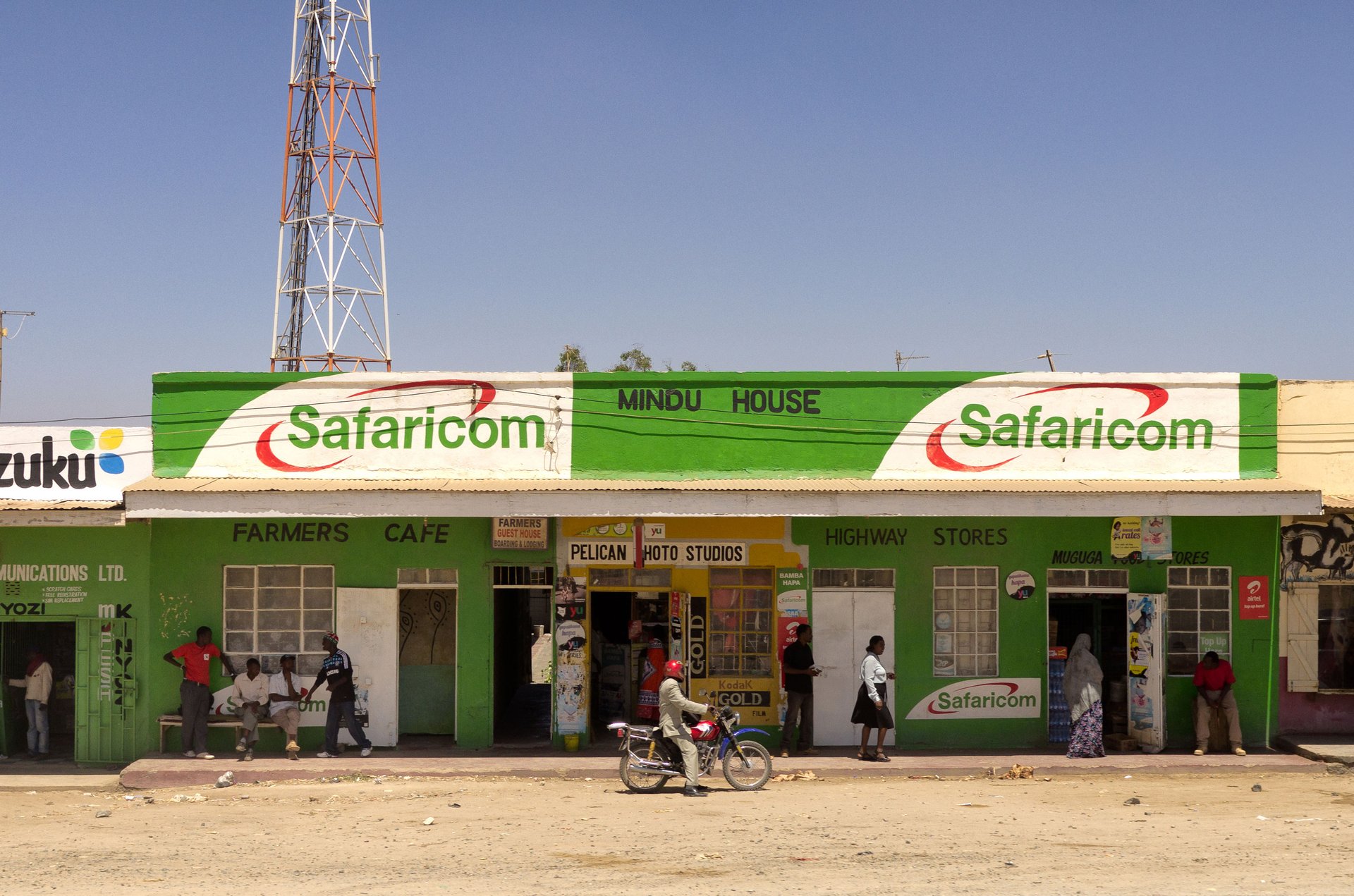
The value of an investment in the fund, and any income from it, can fall as well as rise and investors may not get back the amount invested.
The developed world’s relationship with capitalism is becoming increasingly complex and inconsistent. We reprimand Big Oil, Big Pharma, Big Tech, Big everything. Yet we love the choice and convenience these bring to our lives.
Lee Qian doesn’t take the transformative power of capitalism for granted. When he was growing up in Nanjing in the nineties, two out of three people in China lived in poverty. “We lived in an apartment which didn’t have central heating and my parents’ bedroom was our living-room.”
Fast forward to the present day and China has changed beyond recognition. The poverty level is below 20 per cent, living standards have vastly improved and the country hosts some of the world’s fastest growing and most innovative companies. “Even some of the poorest people in China now have better living conditions than my parents had,” says Lee.
He has seen first-hand how Chinese businesses, particularly the big ‘platform companies’ such as Alibaba have helped transform the world’s most populous country: “Chinese businesses have made a tremendously positive impact on society. They have created benefits broadly for the whole of society.”
Lee’s own journey took him to the West, and to Edinburgh, where he co-manages Baillie Gifford’s Positive Change Fund.
In the world of Positive Change companies are backed for their potential to drive society forward as well as to offer returns. Take Kenya’s Safaricom, one of the 35 or so “truly exceptional” investments in the fund. It started off as a telecoms business and now derives a third of its revenue from providing mobile financial services. Lee explains: “It’s used by millions of people in Kenya to pay for goods and services and send money to loved ones, enabling them to participate in the economy more efficiently. It’s also a great business opportunity.”
For Lee, purpose and profit can go hand-in-hand. Shares in Ørsted, once known as Danish Oil and Natural Gas, have more than doubled over the past three years to June 2021 thanks to its pivot towards renewables and investment in turbine manufacturing to bring down the cost of offshore wind. Other examples include: Bank Rakyat, which provides responsible microfinance loans to households and businesses in Indonesia; Beyond Meat the producer of plant-based protein; and Discovery, a South African insurer, that rewards you for going to the gym rather than the pub.

Is this what responsible capitalism looks like? Lee thinks so, as he and his team strive to find the (mostly) good guys. "We’re looking for exceptional companies who are challenging the status quo through innovative products that are providing solutions to some of the biggest problems that we face whether that is climate change, social inequality or access to healthcare."
While Lee concedes that “there is no such thing as perfect company” ultimately the aim is to invest in companies where overall their contribution to society is positive.
Then there’s one of the fund’s standout companies, the electric carmaker Tesla. With its ‘rock-star’ founder and altruistic goals, it’s an obvious choice: many superfans have already bought into the firm’s meteoric rise with just a few taps on their phone, thanks to new trading apps.
So why shouldn’t investors cut out Lee and his colleagues and invest directly in the changemakers? The problem is that for every Elon Musk, there are many more ‘social impact’ gurus who don’t live up to their hype.
“The biggest risk for long-term investing is permanent loss of capital, by investing in a company that doesn’t have good technology or the right people and could actually go bankrupt. Most of our research takes months if not years, from starting to look at a company to the point where we actually invest.”
And where do tracker and index funds, promising lower fees for a new generation of investors, sit in all of this? Lee wonders how funds investing in hundreds of companies with “minimal research behind the scenes” can drive positive change compared with just 35 handpicked global game-changers.
It’s a fair point, and one to be resolved if we genuinely want to solve the world’s problems. Lee says: “The younger generation is fortunate to be growing up in a period of relative prosperity and stability, able to think more about environmental social and sustainability issues. We are more aware of them because we have a window to the world in our pockets.”
For Lee, it’s what you do with that information, and your money, that counts. “I want to demonstrate that you can do good for the world and do well financially at the same time.” Perhaps – finally – there’s a form of capitalism that we can all get behind.

SIGN UP TO EMAILS
Want to read more of the latest Insights from the Positive Change Fund and from Baillie Gifford?
| 2018 | 2019 | 2020 | 2021 | |
| Positive Change Fund (B Acc) | 29.3 | 11.0 | 15.9 | 79.3 |
| Benchmark (MSCI AC World Index + 2%) | 5.0 | 13.3 | -4.3 | 42.4 |
Past performance is not a guide to future returns.
The manager believes the MSCI AC World Index + 2% is an appropriate benchmark given the investment policy of the Fund and the approach taken by the manager when investing. There is no guarantee that this objective will be achieved over any time period and actual investment returns may differ from this objective, particularly over shorter time periods.
IMPORTANT INFORMATION AND RISK FACTORS
This article does not constitute, and is not subject to the protections afforded to, independent research. Baillie Gifford and its staff may have dealt in the investments concerned. The views expressed are not statements of fact and should not be considered as advice or a recommendation to buy, sell or hold a particular investment.
The Fund’s share price can be volatile due to movements in the prices of the underlying holdings and the basis on which the Fund is priced. Investments with exposure to overseas securities can be affected by changing stock market conditions and currency exchange rates.
The Fund invests in emerging markets where difficulties in dealing, settlement and custody could arise, resulting in a negative impact on the value of your investment.
Baillie Gifford & Co Limited is authorised and regulated by the Financial Conduct Authority. Baillie Gifford & Co Limited is an Authorised Corporate Director of OEICs. All data is sourced from Baillie Gifford & Co unless otherwise stated.
The images used in this article are for illustrative purposes only.
52986 IND WE 1749


